Publications
Articles, publications, books, tools and multimedia features from the U.S. Institute of Peace provide the latest news, analysis, research findings, practitioner guides and reports, all related to the conflict zones and issues that are at the center of the Institute’s work to prevent and reduce violent conflict.
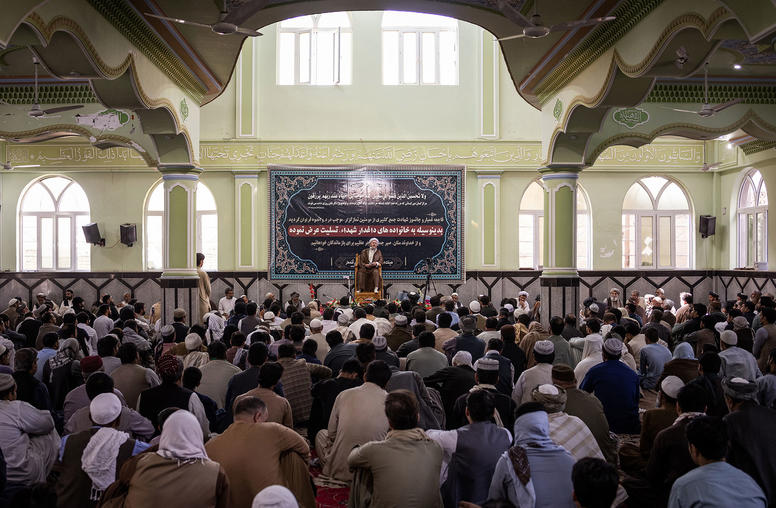
The Growing Threat of the Islamic State in Afghanistan and South Asia
When the Taliban took control of Afghanistan in 2021, counterterrorism experts were alarmed at the possible resurgence of Islamist terrorist groups within the country. This Special Report lays out why those concerns, particularly about the regional Islamic State affiliate known as Islamic State Khorasan Province (ISKP), were well-founded. The report discusses the likely trajectory of ISKP’s activities in South Asia and recommends measures to minimize potential threats to the West and build regional resilience to extremism.
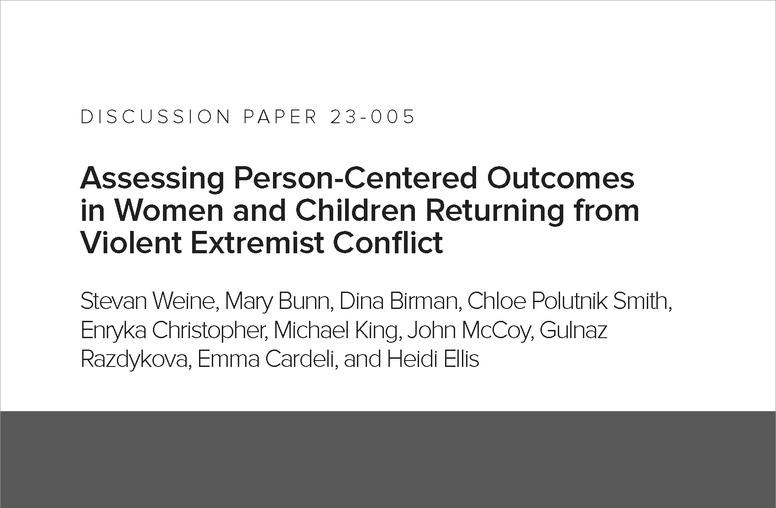
Assessing Person-Centered Outcomes in Women and Children Returning from Violent Extremist Conflict
This paper outlines a person-centered approach to outcomes based upon existing evidence and practice knowledge for use with returning women and children in rehabilitation and reintegration (R&R) programs. Being able to identify and assess outcomes, which are the intended accomplishments of these programs, are key for understanding change processes and developing strong programs. These programs should be able to assess and track key outcomes at multiple levels, including individual, family, community, and systems. However, little guidance currently exists regarding strategies for what outcomes should be assessed and how to do so.
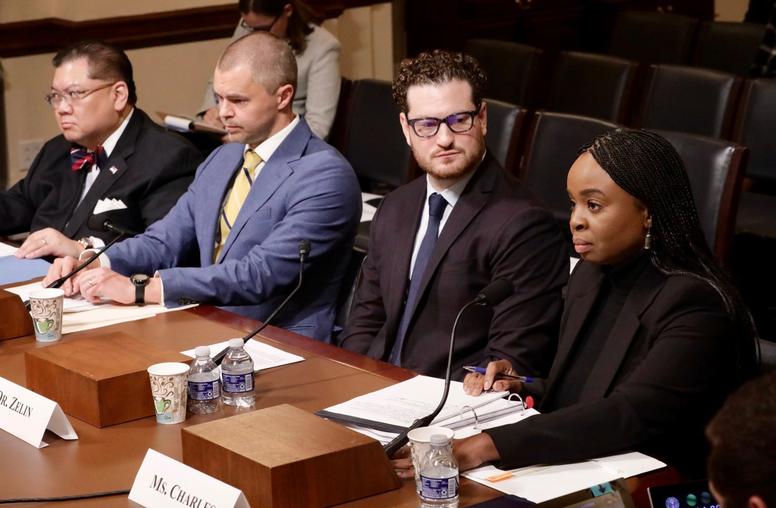
The Future of Homeland Security: Addressing the Rise of Terrorism in Africa
Donna Charles, director of West Africa and Sahel in the Africa Center at the U.S. Institute of Peace, testified on September 27, 2023, before the U.S. House Committee on Homeland Security Subcommittee on Counterterrorism, Law Enforcement and Intelligence's hearing on "The Future of Homeland Security: Addressing the Rise of Terrorism in Africa."
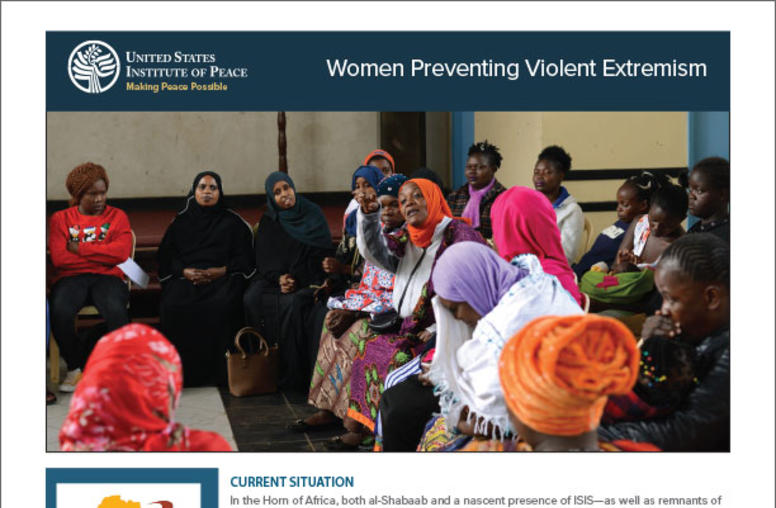
Women Preventing Violent Extremism
In the Horn of Africa, both al-Shabaab and a nascent presence of ISIS—as well as remnants of other extremist groups—remain in Somalia, with recruiters and facilitation networks extending beyond national borders and across the region. And in the Sahel, countless communities also suffer terrorist and extremist violence perpetrated by actors ranging from ISIS and al-Qaeda affiliates to locally driven movements.
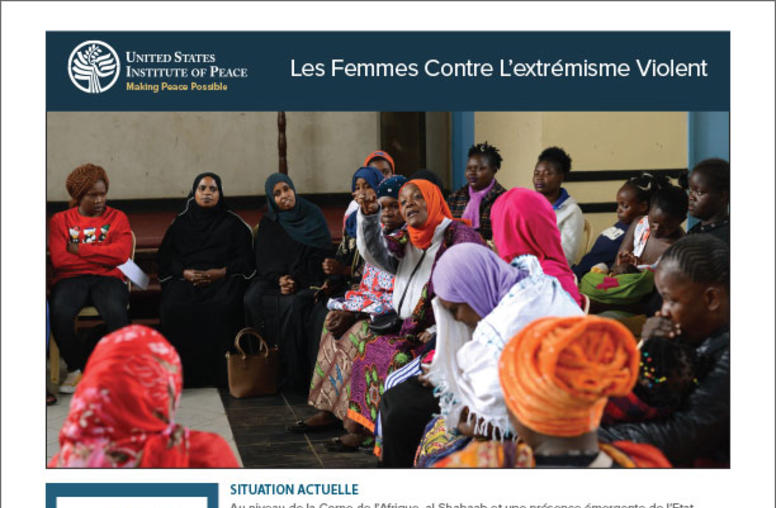
Women Preventing Extremist Violence (French)
Au niveau de la Corne de l’Afrique, al-Shabaab et une présence émergente de l’Etat Islamique ISIS ainsi que plusieurs autres groupes extrémistes sont toujours en place en Somalie, avec des recruteurs et des réseaux de facilitation s’étendant au-delà des frontières nationales et à travers la région. Au Sahel, d’innombrables communautés soufrent également de la violence extrémiste et terroriste perpétrée par différent acteurs dont certains appartenant à l’Etat islamique, d’autres étant affiliés Al-Qaïda et le reste tiré des mouvements dirigés localement.
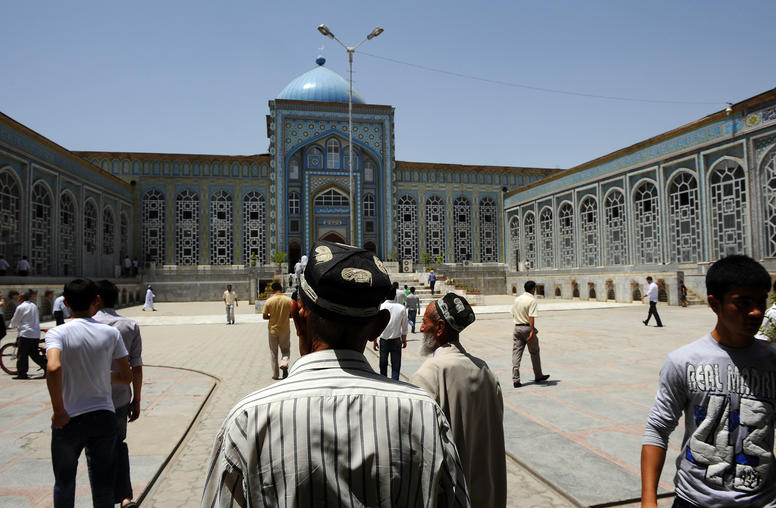
Processes of Reintegrating Central Asian Returnees from Syria and Iraq
In the wake of the loss of the Islamic State’s territorial holdings, the return of foreign fighters and their families to their home countries is a top international concern. Among the short list of governments that have initiated repatriation programs, the Central Asian republics of Kazakhstan, Tajikistan, and Uzbekistan stand out. This report examines the different approaches the three countries have taken and draws important lessons for other nations considering their own repatriation and reintegration programs.

Motives, Benefits, and Sacred Values: Examining the Psychology of Nonviolent Action and Violent Extremism
What motivates one person to engage in acts of violent extremism, while others choose to pursue change through nonviolent action? This report is based on pilot research into the psychological and social dynamics of a nonviolent resistance group—Algeria’s Hirak movement—that employs some of the same measures used to study participation in violent extremist organizations. A deeper understanding of these dynamics, it is hoped, will help practitioners, policymakers, and researchers to identify and support paths away from violent extremism and to strengthen and sustain engagement in nonviolent action.
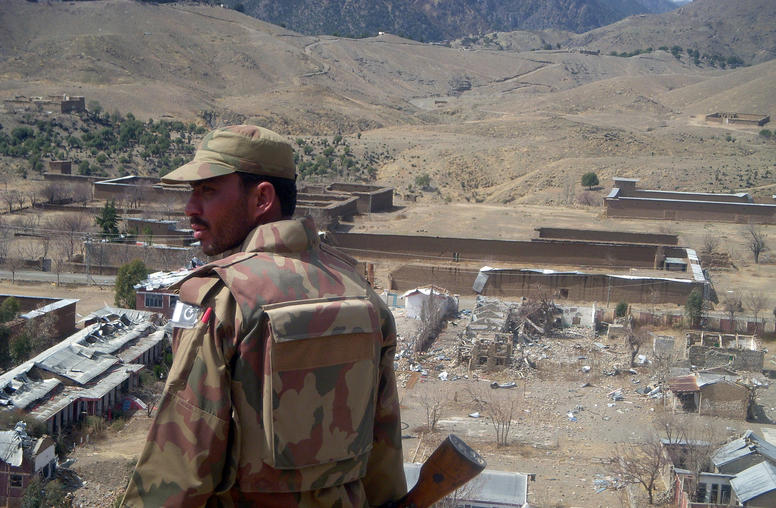
The Evolution and Potential Resurgence of the Tehrik-i-Taliban Pakistan
Following its formation in 2007, the Tehrik-i-Taliban Pakistan (TTP) emerged as one of Pakistan’s deadliest militant organizations. Military efforts severely curtailed the TTP’s ability to launch attacks by 2016, but recent signs—including a deadly attack in Quetta on April 21—suggest the group is attempting to rebuild its operational capacity. This report charts the rise and decline of the TTP and explores options for the Pakistani state, with cooperation and support from the United States, to stifle its resurgence.
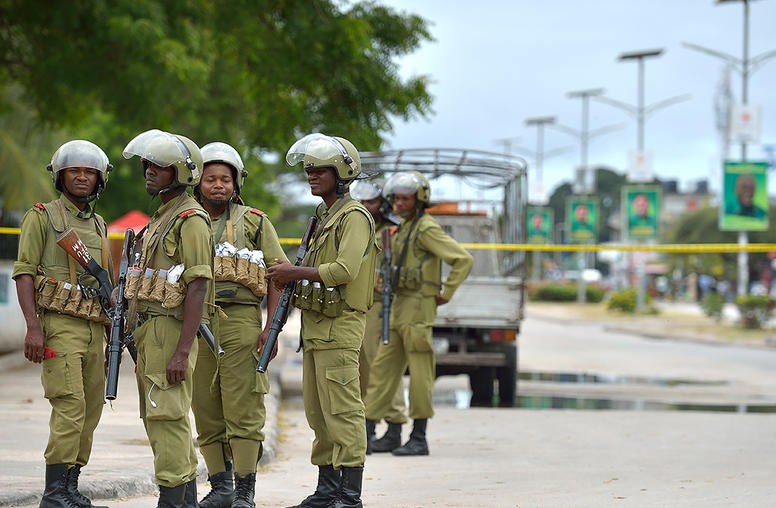
Violent Extremism and Community Policing in Tanzania
After the 1998 bombing of the U.S. embassies in Dar es Salaam and Nairobi and the increasing presence of al-Shabaab in nearby countries, Tanzania turned to community policing as a way of responding to the threat of violent extremism. But is it having the desired outcome? This new report, based on workshops and interviews with police, community leaders, and others, examines the challenges and potential of community policing in addressing Tanzania’s public safety and security concerns.

Nancy Lindborg on Iraq Rebuilding After ISIS
Following her trip to Iraq, Nancy Lindborg discusses the country’s efforts to rebuild after ISIS. “They’ve [ISIS] been deprived of their territory … rebuilding is under way. But, there is very much a sense that the ISIS ideology is alive and well and there are a lot of concerns overall about security,” says Lindborg. “There has been important progress, but it’s very precarious and completely reversible.”